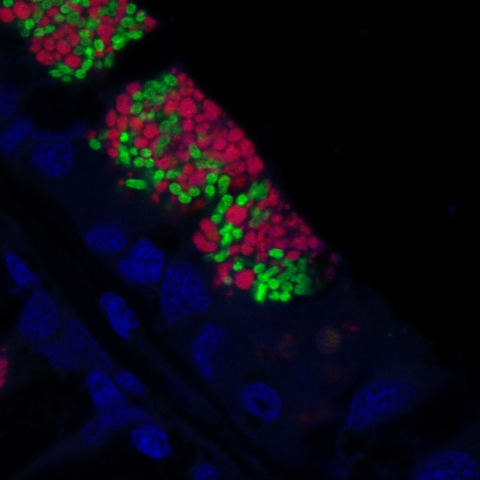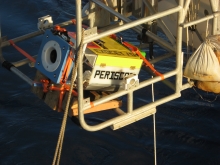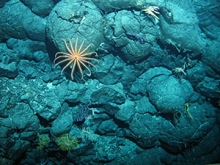
The MIDAS Project : Managing Impacts of Deep-seA reSource exploitation
The MIDAS project - Managing Impacts of Deep-seA reSource exploitation - is a new, multidisciplinary research programme that will investigate the environmental impacts of extracting mineral and energy resources from the deep-sea environment. This includes the exploitation of materials such as polymetallic sulphides, manganese nodules, cobalt-rich ferromanganese crusts, methane hydrates and the potential mining of rare earth elements. MIDAS is funded under the European Commission's Framework 7 programme and started on 1 November 2013 for a period of 3 years.
The MIDAS partnership represents a unique combination of scientists, industry, social scientists, legal experts, NGOs and SMEs from across Europe. MIDAS will carry out research into the nature and scales of the potential impacts of mining, including 1) the physical destruction of the seabed by mining, creation of mine tailings and the potential for catastrophic slope failures from methane hydrate exploitation; 2) the potential effects of particle-laden plumes in the water column, and 3) the possible toxic chemicals that might be released by the mining process and their effect on deep-sea ecosystems. Key biological unknowns, such as the connectivity between populations, impacts of the loss of biological diversity on ecosystem functioning, and how quickly the ecosystems will recover will be addressed.
Contact BOREA : Sébastien Duperron, team 3


